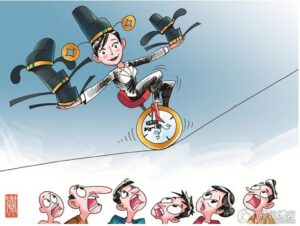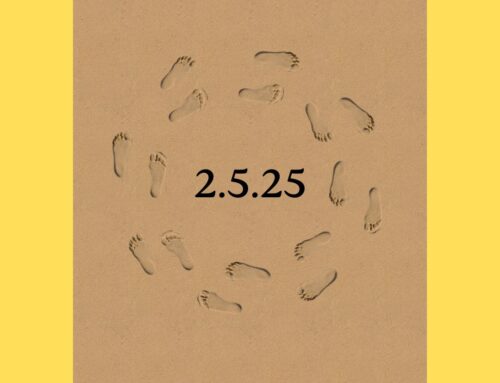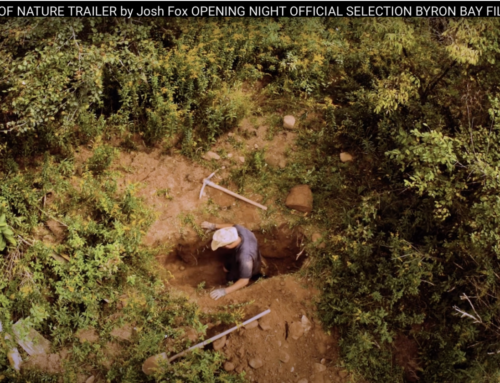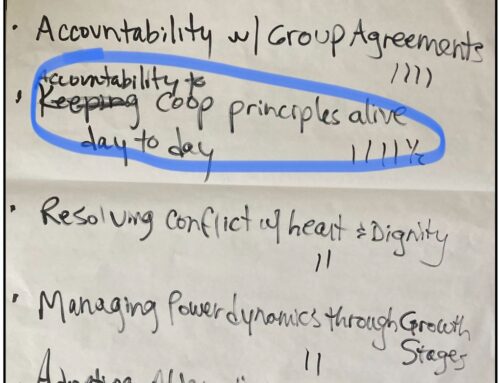I have spent my life working harder than most if not all of the men around me in order to be paid substantially less–for the “privilege” of being intensely overburdened by the weight of the world. Are you feeling judgment and criticism rising up inside you over that statement? Please notice and ask yourself which would create the most chaos: if all men stopped working or if all women stopped working.
As the first person, not the first woman, in my extended family to go to college, I earned three degrees with high honors and my wages are a small fraction of what many male computer programmers make right out of college with one undergraduate degree. Granted I have added the hot potato of moral conscience to the mix of what I am willing to do with my time and talent, which is a high-wire circus act all by itself.
There are so many “invisible” stressors that I, and most middle-aged women, also juggle simultaneously that one would not be wrong to equate me or any of my star performing sisters to circus clowns as we care for families, communities, and the general welfare of all. University of Massachusetts professor emeritus and New York Times columnist Nancy Folbre, goes tit for tat against Adam Smith’s “invisible hand” of the free market in her book The Invisible Heart where she explains that we do not have to embrace policies of the welfare state to defend the notion that we all have some obligation to care for others.
I share many examples like this, of injustice along with notions of what corresponding acts of justice look like, in my new book Beyond Karen. And after having spent this COVID year writing this book about white women’s complicity in America’s racism (and self publishing it because my demographic is no longer in vogue and publishers cannot gamble on new authors), I find myself–perhaps along with every other American able to admit this–struggling to breathe. This struggle to breathe is despite a near life-long daily yoga practice, a regular meditation practice, and an ingrained “Buddha mind” approach to day to day stressors.
The steady assaults to the body-mind-spirit, alongside insufficient resources allocated to truth and reconciliation over generations, is chaos.
My point is this: for better or worse, middle-aged women, the “sandwich” generation caring for their children and their aging parents, while juggling careers and performing as the “you can have it all” epitome of the American Dream on the shoulders of gazillions of feminists who have come before us, are the foundation of society and the seismic quake to crack that foundation wide open is underway. Do we care? Do we have any collective capacity to care?
I recently indulged in exquisite visits with two longtime friends at different locally owned restaurants (please support your surviving locally owned restaurants). Emerging from the COVID bubble in this way feels strange and disconcerting. Plenty of scientists and stress experts are referencing PTSD in their reports about the impacts of the Coronavirus on mental wellbeing but I wonder if there will be a “post” to the traumatic stress disorder. I told my therapist many months ago that I feel as if there was more sanity in the world as we suffered our individual experience of it together. But the lessons of seeing the climate (alongside wildlife populations) rebound dramatically as the world hit pause for an anthropogenic nanosecond do not seem to be well learned.
I digress. It’s my version of self-care. Both friends’ shared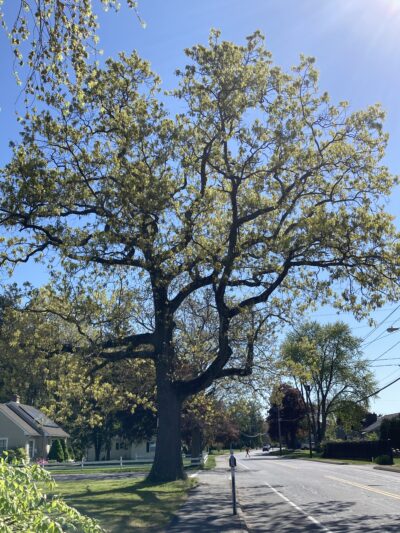 meal conversations were balms for my soul in a way that was nearly unbearable. There is no going back to “normal” and we cannot want whatever “normal” once was.
meal conversations were balms for my soul in a way that was nearly unbearable. There is no going back to “normal” and we cannot want whatever “normal” once was.
If we all practice a daily reflection of gratitude with our closest people, or at least our trusty journal, we may find that we care about the budding trees and the diversity of birdsong more than we realized. And as we all learn to prioritize nature in all her magnificence over money in all its emptiness, we may finally come to understand the lessons our indigenous, our BIPOC sisters and brothers, have tried to teach us white folk for centuries.
Should this shift in moral consciousness occur–this rebalanced collective perspective giving our Mother the respect she deserves–then maybe middle-aged women can lay down some of her burdens, breathe a bit more deeply, and regain some semblance of wellness to lighten the dark circles and bags under her eyes.


